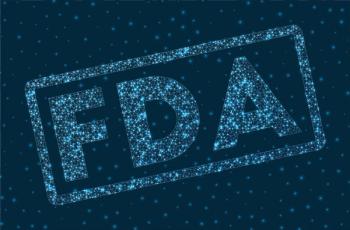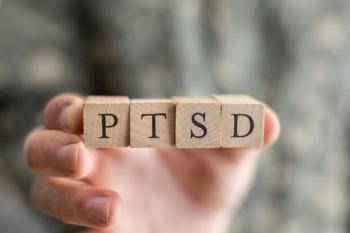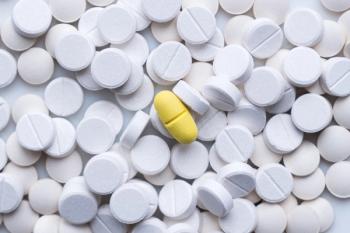
Ecstasy Shows Promise as Treatment for PTSD
Results from a study published in the Journal of Psychopharmacology suggest that MDMA combined with psychotherapy may be a safe and effective treatment for symptoms of post-traumatic stress disorder.
Results from a
In this phase 2 clinical study, Dr Mithoefer and colleagues randomized 20 treatment-resistant patients who had chronic PTSD to either active treatment (MDMA) or placebo during two 8-hour psychotherapy sessions. The Clinician-Administered PTSD Scale (CAPS) was used to measure primary outcomes. The CAPS was administered at baseline, 4 days after each session, and 2 months after the second session. Reductions in CAPS scores were significantly greater in the group who had received the MDMA compared with the placebo group at all 3 post-baseline time points.
The promising results of this study warrant further exploration of MDMA as a therapeutic adjunct for the treatment of PTSD.
1. Greer GR, Tolbert R. A method of conducting therapeutic sessions with MDMA. J Psychoactive Drugs. 1998;30:371-379.
Related content:
Newsletter
Receive trusted psychiatric news, expert analysis, and clinical insights — subscribe today to support your practice and your patients.







